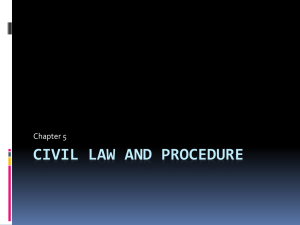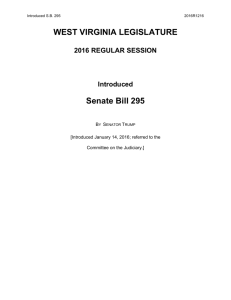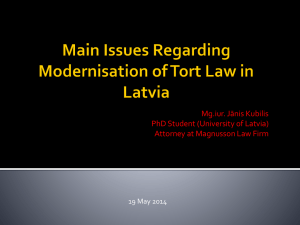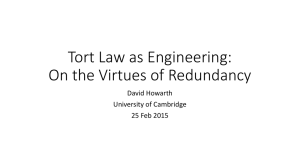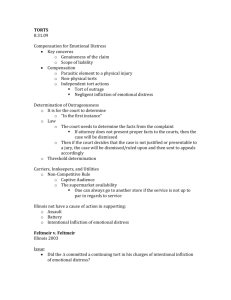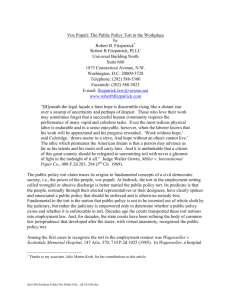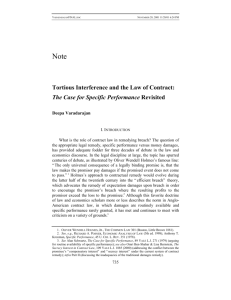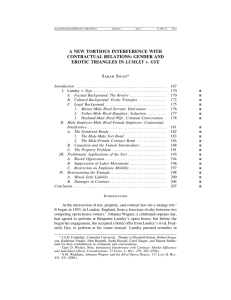Legal Pluralism in Tort Law Theory: Balancing Instrumental Theories
advertisement
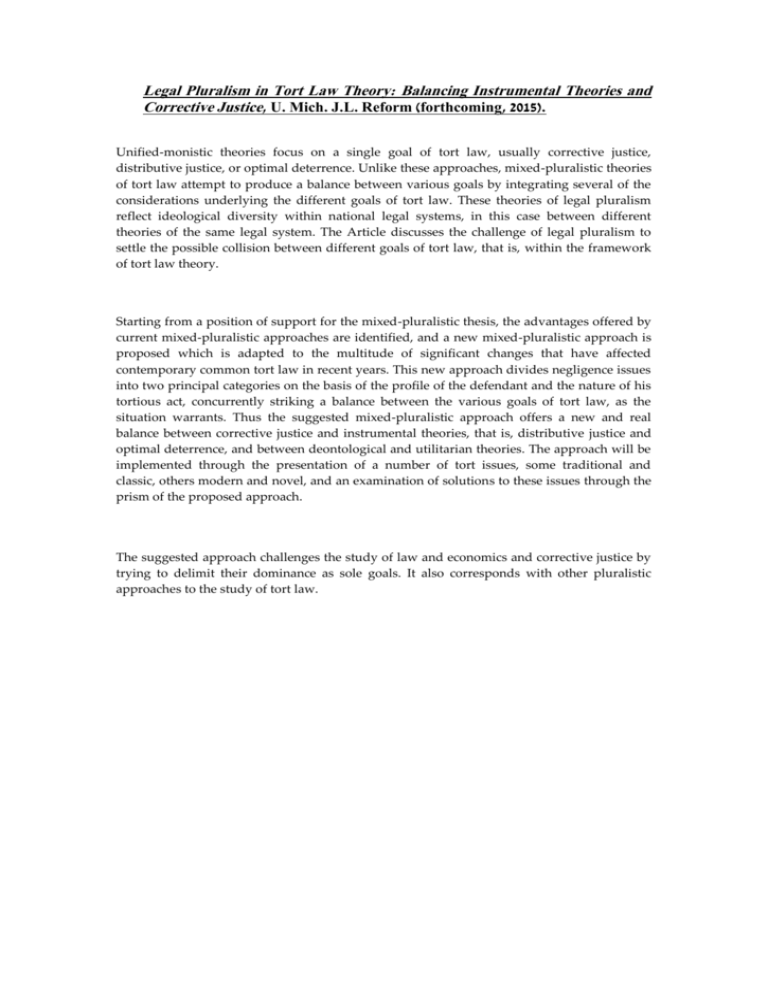
Legal Pluralism in Tort Law Theory: Balancing Instrumental Theories and Corrective Justice, U. Mich. J.L. Reform (forthcoming, 2015). Unified-monistic theories focus on a single goal of tort law, usually corrective justice, distributive justice, or optimal deterrence. Unlike these approaches, mixed-pluralistic theories of tort law attempt to produce a balance between various goals by integrating several of the considerations underlying the different goals of tort law. These theories of legal pluralism reflect ideological diversity within national legal systems, in this case between different theories of the same legal system. The Article discusses the challenge of legal pluralism to settle the possible collision between different goals of tort law, that is, within the framework of tort law theory. Starting from a position of support for the mixed-pluralistic thesis, the advantages offered by current mixed-pluralistic approaches are identified, and a new mixed-pluralistic approach is proposed which is adapted to the multitude of significant changes that have affected contemporary common tort law in recent years. This new approach divides negligence issues into two principal categories on the basis of the profile of the defendant and the nature of his tortious act, concurrently striking a balance between the various goals of tort law, as the situation warrants. Thus the suggested mixed-pluralistic approach offers a new and real balance between corrective justice and instrumental theories, that is, distributive justice and optimal deterrence, and between deontological and utilitarian theories. The approach will be implemented through the presentation of a number of tort issues, some traditional and classic, others modern and novel, and an examination of solutions to these issues through the prism of the proposed approach. The suggested approach challenges the study of law and economics and corrective justice by trying to delimit their dominance as sole goals. It also corresponds with other pluralistic approaches to the study of tort law.

